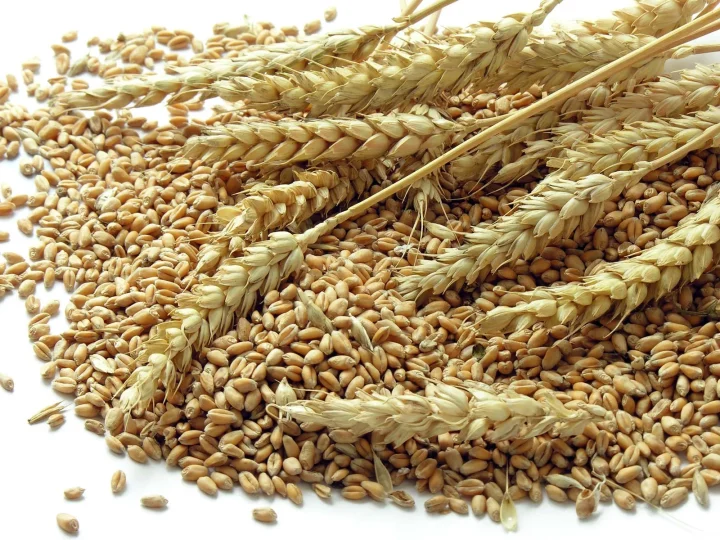The global price of wheat, on Monday, reached a record high at €435 ($453) per tonne in the European market.
The price of the commodity continued to soar following supply disruptions linked to Russia’s invasion of Ukraine.
Food and Agriculture Organisation (FAO) of the United Nations had said both countries accounted for around 30 per cent and 20 per cent of global wheat and maize exports, respectively.
The surge in prices, worsened by fertiliser shortages and poor harvests, has also caused inflation globally and raised fears of famine and social unrest in poorer countries.
Advertisement
According to FAO, global wheat prices soared by 19.7 per cent in April.
On Saturday, India, the world’s second-largest wheat producer, said it was banning exports as a scorching heatwave negatively impacted output and domestic prices hit a record high at 25,000 rupees ($320) per tonne.
The government said it was worried about the food security of its own 1.4 billion people amid low production and higher global prices.
Advertisement
The ban drew criticism from several industrialised nations, which said that such measures “would worsen the crisis” of rising commodity prices.
But India said export deals agreed upon before the new directive could still be honoured, but future shipments needed government approval.
In Nigeria, wheat is the third most consumed grain. By the end of Q3 2021, the data from the National Bureau of Statistics (NBS) showed that the country imported durum wheat and mackerel worth N88.46 billion and N30.69 billion, respectively, from Russia.
Durum wheat, also called pasta wheat or macaroni wheat, is a tetraploid species of wheat. It is useful in bread-making, and it is the second most cultivated specie of wheat after common wheat.
Advertisement
Nigeria, like other countries, is currently battling inflation on the back of the geopolitical tension.
Add a comment







